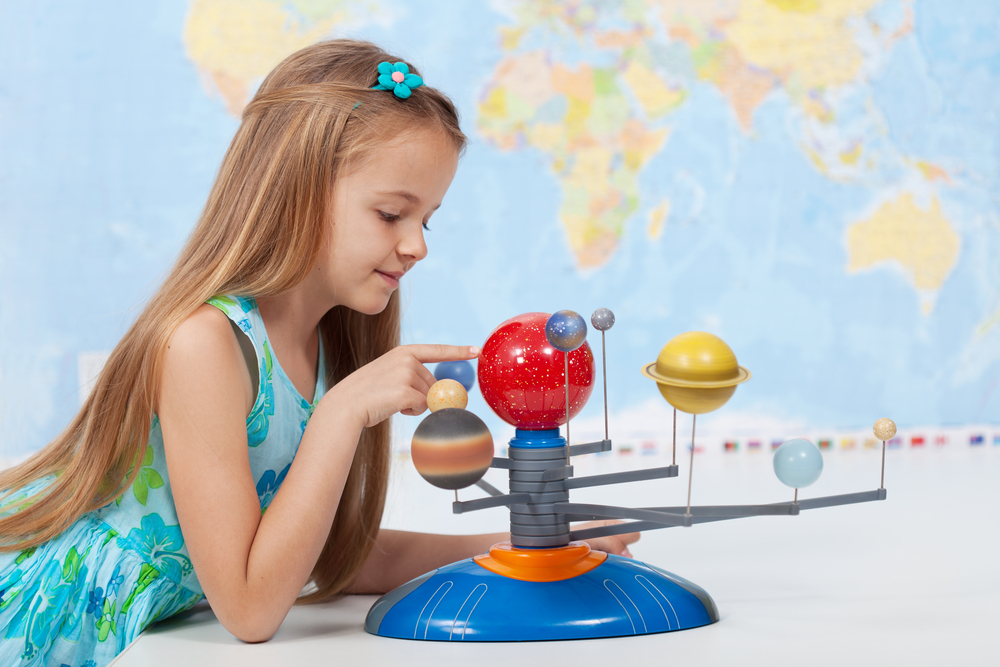Enhancing logical thinking Worksheets for Ages 6-7
7 filtered results
-
From - To
Welcome to our "Enhancing Logical Thinking Worksheets" for ages 6-7, designed to stimulate and develop critical problem-solving skills in young minds. Our engaging and colorful worksheets incorporate fun activities such as puzzles, patterns, and mazes, encouraging children to think logically and creatively. Each worksheet promotes essential thinking skills through interactive exercises, making learning enjoyable and effective. Perfect for home or classroom use, these resources help children enhance their cognitive abilities while fostering a love for learning. Explore our wide range of printable worksheets today and support your child's journey to becoming a confident and thoughtful thinker!
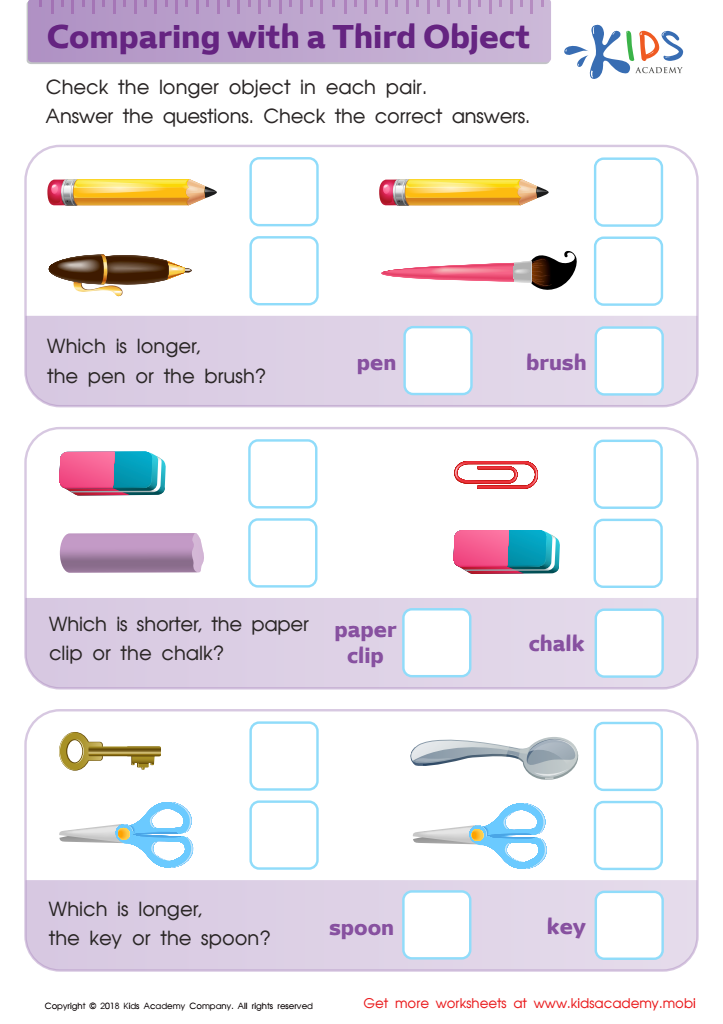

Comparing with a Third Object Worksheet
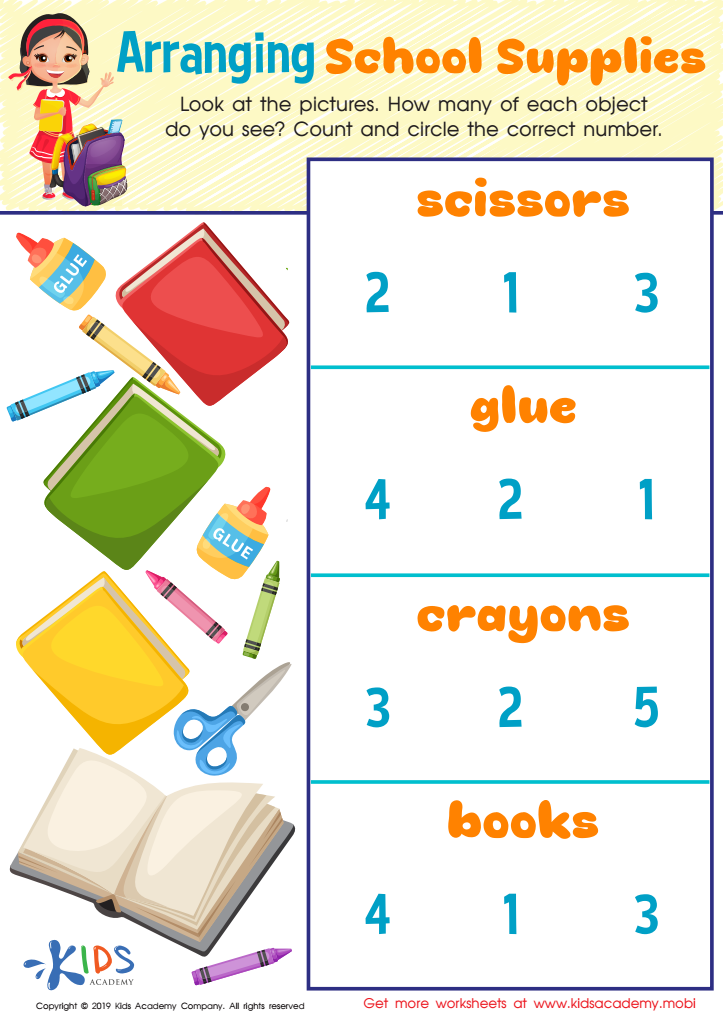

Arranging School Supplies Worksheet
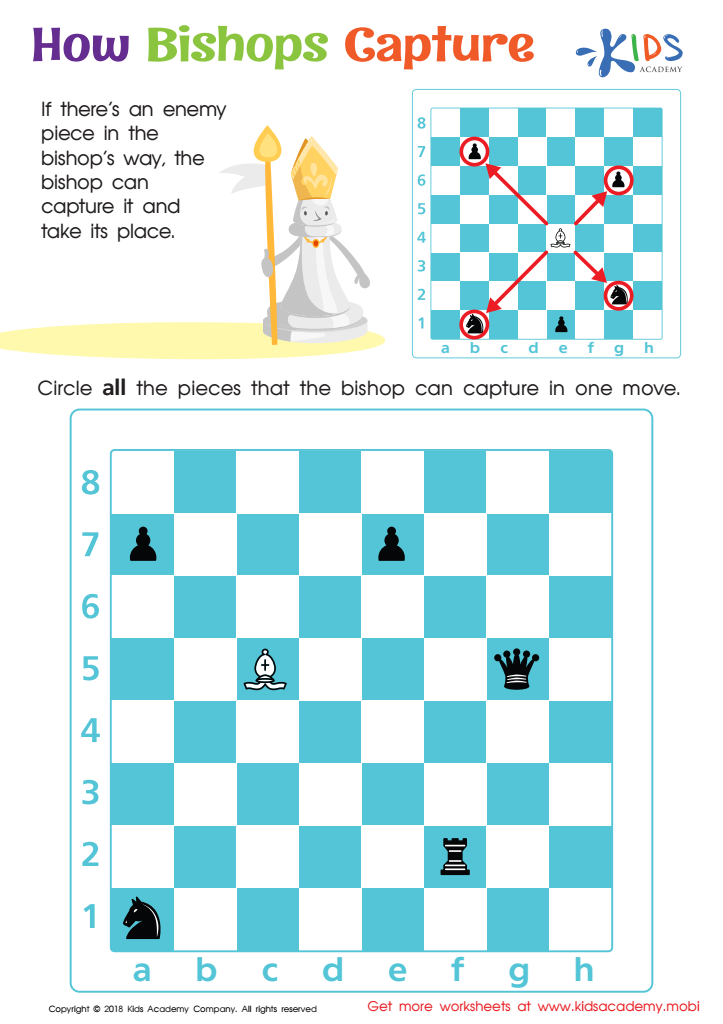

How Bishops Capture Worksheet
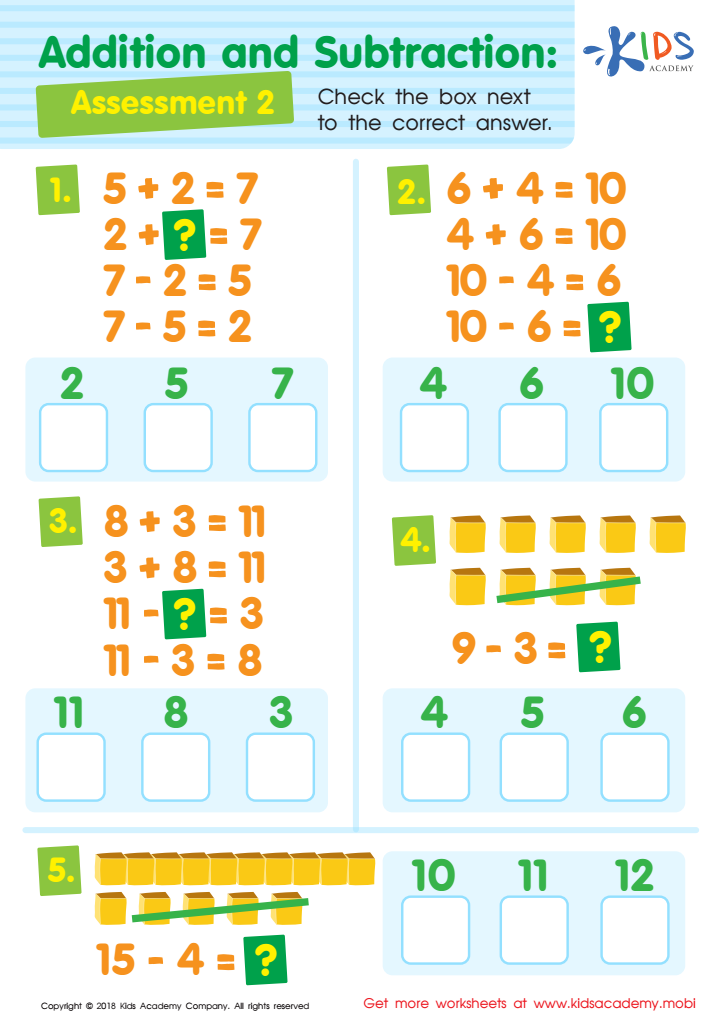

Addition and Subtraction Assessment 2 Worksheet
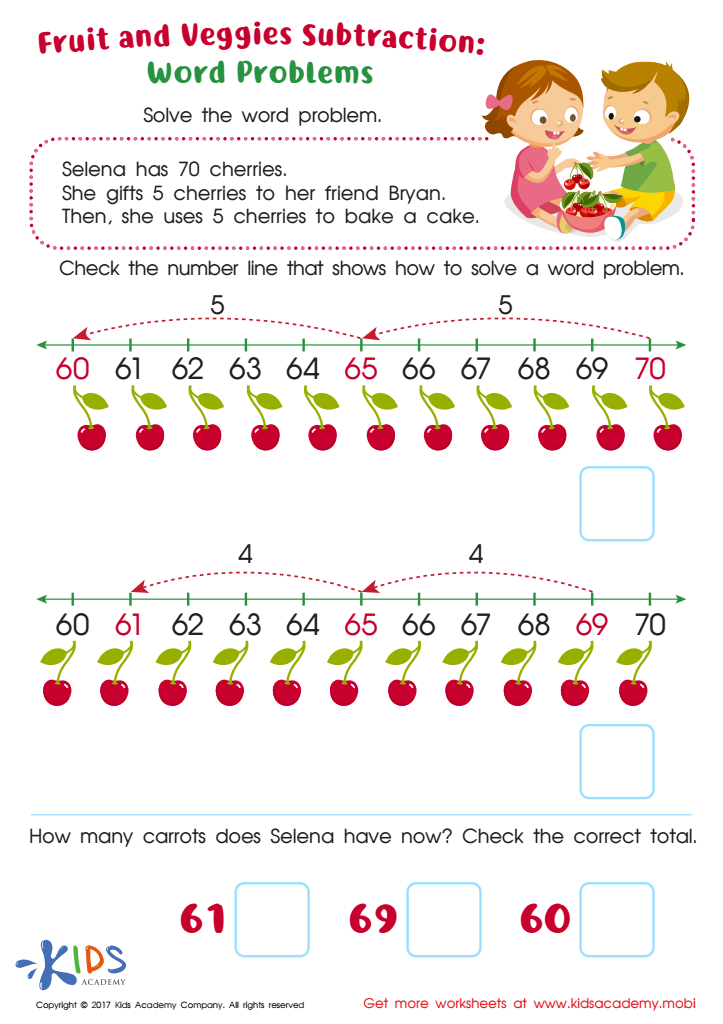

Subtraction Word Problems Free Printable
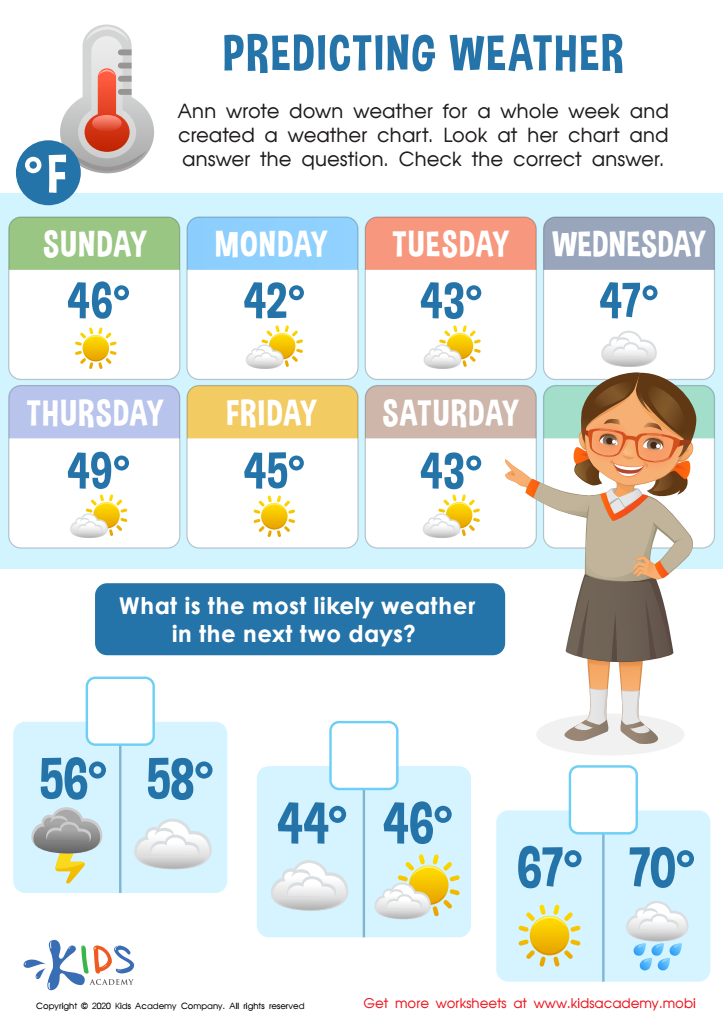

Predicting Weather Worksheet
Enhancing logical thinking in children aged 6-7 is crucial for their cognitive development and lifelong learning. At this stage, children are naturally curious and eager to explore the world around them. By focusing on logical thinking, parents and teachers can help them develop essential problem-solving skills, critical for their educational journey and everyday life.
Logic forms the foundation of mathematical reasoning, scientific inquiry, and effective decision-making. When children learn to analyze situations, recognize patterns, and draw conclusions, they become more adept at navigating complex concepts across various subjects. This skill also fosters creativity, as it encourages children to approach challenges analytically while exploring different solutions.
Moreover, enhancing logical thinking promotes academic confidence and independence. Children who think logically are more likely to tackle challenging tasks without unnecessary frustration. As they master these skills early on, they are equipped to handle future educational demands more effectively, leading to better overall academic performance.
Overall, investing in nurturing logical thinking equips young learners with the tools they need for future success, encouraging a generation of thoughtful, discerning individuals prepared to face the complexities of the world. Therefore, fostering these abilities should be a priority for both parents and educators.
 Assign to My Students
Assign to My Students







